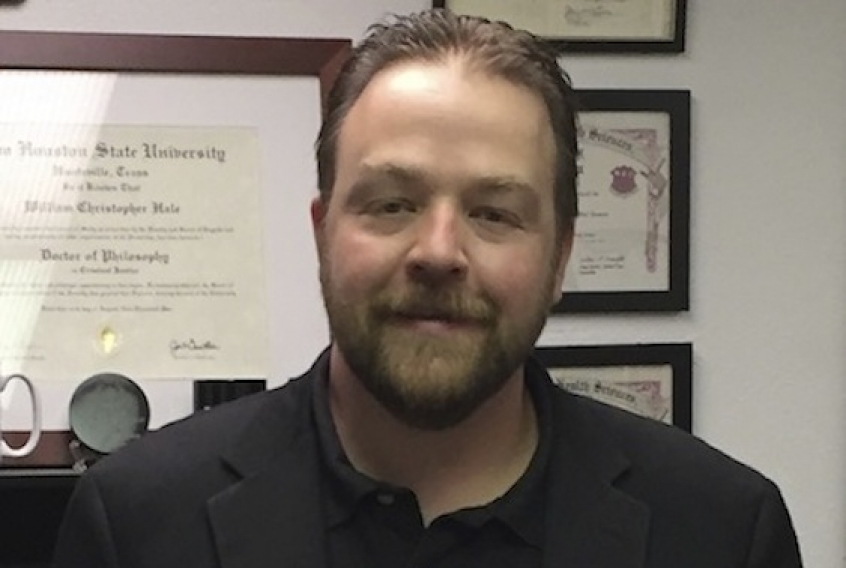Barack Obama’s election to the highest office in the nation was a joyous day and many Americans felt the country has finally risen above hatred. Our nation’s first African American President’s term is ending and the race for his successor is heating up.
The leading conservative presidential candidate has received an endorsement from the American Freedom Party. This party’s history has been tied to White Supremacy. This political environment makes it interesting to examine a recent lecture on White Supremacy by Dr. Chris Hale.
Hale is an Associate Professor of Criminal Justice and Program Director at Louisiana State University Shreveport. His lecture entitled “White Paramilitary Extremism in Northwest Louisiana: Then and Now” explored 150 years of organized hate. The lecture is part of the College of Arts and Sciences Lecture Series: Spring 2016. It summarized the origins of the Ku Klux Klan and its rapid expansion. It also covered other white supremacy organizations.
Recruitment numbers had been down for these types of groups, but according to Mark Potok of the Southern Poverty Law Center, “There were 194 such groups in 2000, a number that dropped to 149 by 2008, but after President Obama’s election, the number jumped to more than 1,000 by last year.”
Hale’s lecture had nothing to do with the upcoming Presidential election, nor was it intended to influence anyone. It was merely an awareness lecture.
“I’ve been researching this since 2003,” Hale said. “Some professors and historians have been wanting to write a book, so we started putting this together.”
The lecture covered the origins of the KKK.
“Essentially six veterans of the confederate army got together and rode around on horse back dressed in costumes that look like ghost[s] in order to scare freed slaves back to work,” Hale said. “The slaves thought they were ghost[s] of confederate soldiers. They [KKK] found that this worked pretty well and the KKK grew from there.”
Hale spoke on the history of the KKK in Northwest Louisiana and presented information about the presence of hate groups in Louisiana today. He then opened up the floor for questions from his audience.
Hale received his Ph.D. in Criminal Justice from Sam Houston State University in August 2005. His work examining Internet facilitated extremism was included in a special homeland security issue of Criminal Justice Studies: A Critical Journal of Crime, Law & Society. He is also a member of the Terrorism Research Center.




